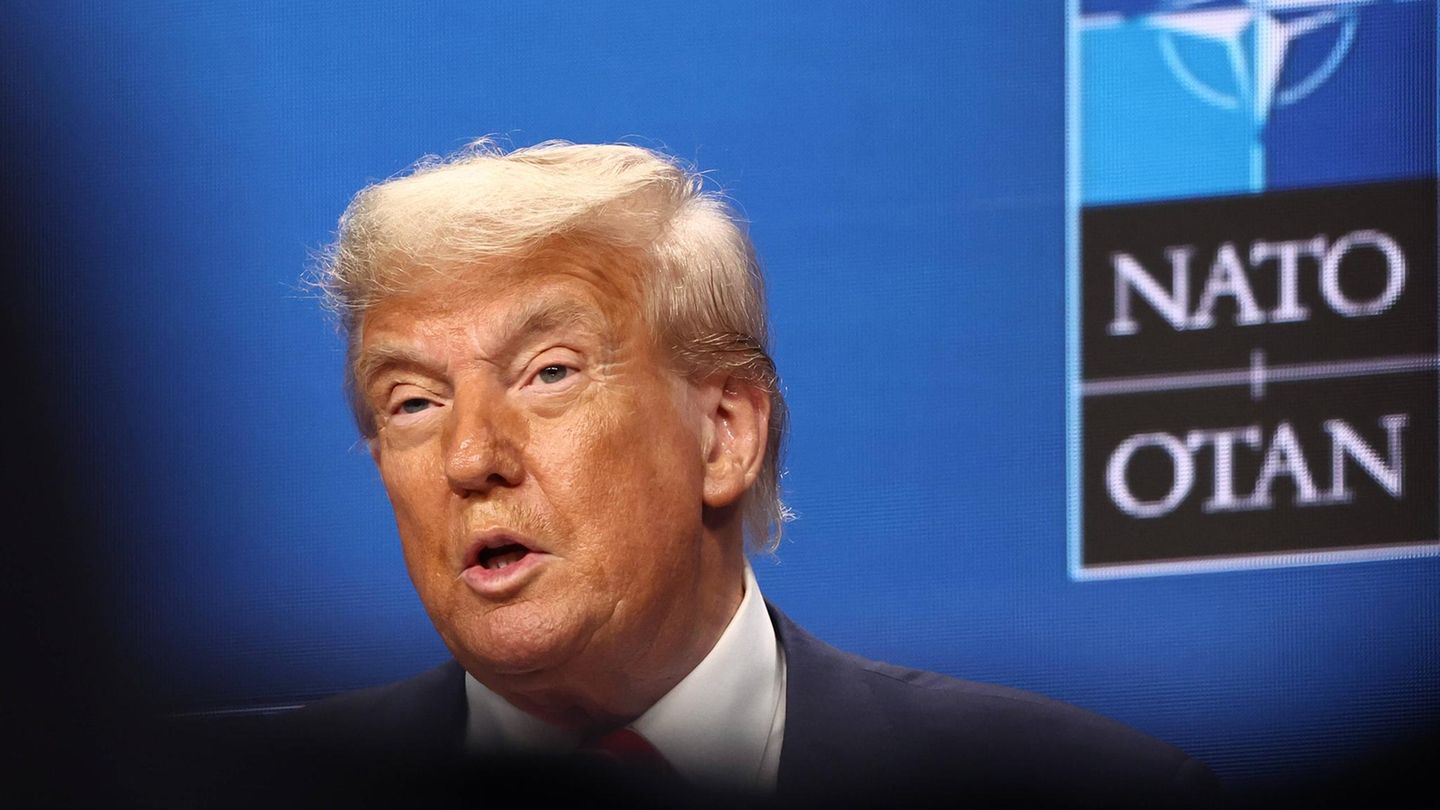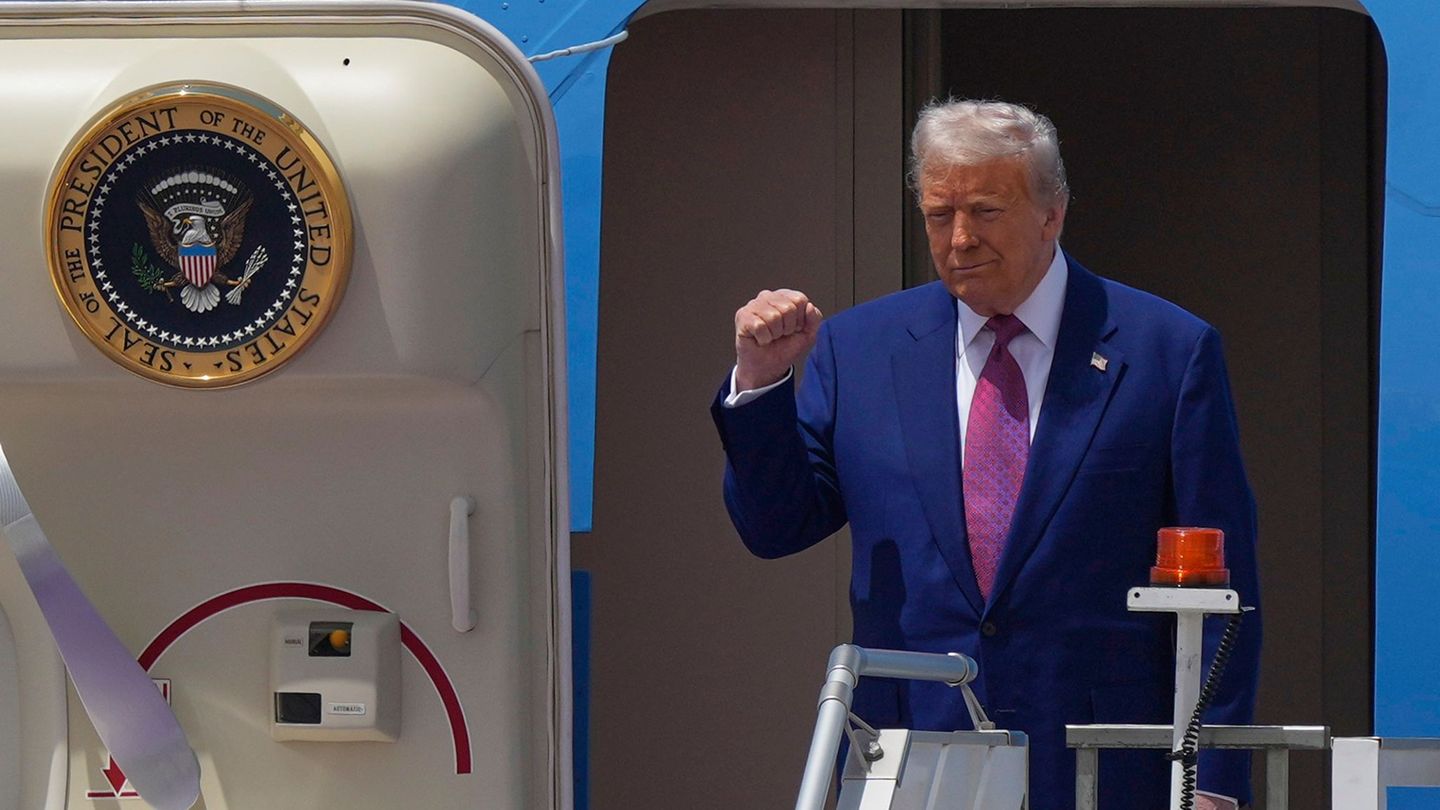He Minister of Livestock, Agriculture and Fisheries (MGAP), Fernando Mattos, He was optimistic and said that “Uruguay has high expectations” of advancing in the signing of the FTA (TLC) with China, a matter that did not lack obstacles and is delayed.
Mattos confirmed that in November they will visit the Asian giant together with the President Luis Lacalle Pou where it is expected to “advance in many agreements” with that country. In addition, in dialogue with Radio Carve, he highlighted the achievements obtained so far and among them he remarked that “the sorghum”, in reference to the 21 companies recently authorized to export the product.
“We have been working for years, we had a visit in May and the expectation is to advance in the FTA”, admitted the owner of the MGAP, who insisted: “We should not rule it out as a certain possibility, because the president has insisted and Uruguay He has high expectations.”
Likewise, the hierarch explained that outside the Free Trade Agreement “There are many aspects that we have pending with what is our main trading partner, despite the fact that today it is a little slow”, referring to agreements that would improve access and negotiation conditions with China.
Among the items he named, in addition to sorghum, are lemons, meat equine, mondongo, grains, fishing, wheat, soybean meal, rapeseed, and sports horses, among others.
China recently signed an FTA with Nicaragua
The expectation of the Uruguayan government with respect to achieving progress in the signing of the Free Trade Agreement with China They occur despite the obstacles in the relationship due to the complications in the economy of the Asian giant, which recently sealed an FTA with Nicaragua.
Through a virtual ceremony, the Chinese Minister of Commerce, wang wentao, and the Nicaraguan presidential advisor for Investment, Trade and International Cooperation, Laureano Ortega (son of the president Daniel Ortega), signed the document, after a year of negotiations.
There they endorsed that the agreement, which will enter into force in 2024, will help “both countries achieve a high-level mutual opening in areas such as trade in goods and services and access to the investment market,” the ministry said in a statement. China Trade.
In fact, the government of the Central American country expects the Asian country to buy its agricultural products and invest in companies free zone, while looking for that China become one of the main suppliers of raw material.
Source: Ambito




